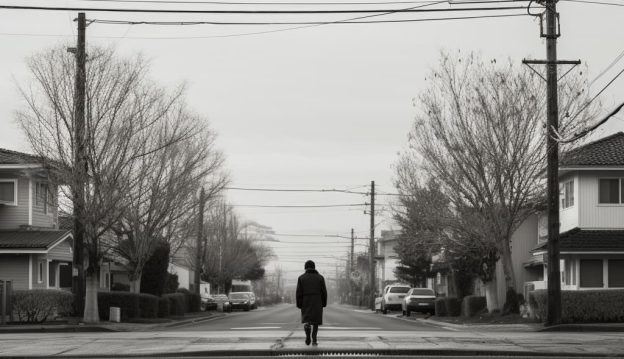The Silent Struggle
Anhedonia is the technical term for losing the capacity to experience pleasure. Imagine your favorite ice cream tasting like bland cream, or a sunny day feeling just like another sequence of light and dark. It’s as if life has lost its color filters, and everything is in monotone. Sounds dramatic, doesn’t it? Well, for those experiencing it, it is.
The Science Behind the Scenes of Anhedonia
From a scientific standpoint, anhedonia is fascinating (in a somewhat somber way). It’s often a symptom of major mental health disorders such as depression, schizophrenia, and bipolar disorder. Here’s where it gets interesting: the brain circuits involved in experiencing pleasure—primarily the dopamine pathways—go off track. Think of it as a rollercoaster that’s lost its way—thrilling, but not in a good way.
Diagnosing anhedonia can be tricky. It’s like trying to describe the taste of water—it’s so integral to many mental health disorders that it often blends in. Mental health professionals typically look for signs like loss of interest in previously enjoyable activities, a flat affect, and diminished emotional responses.
The DSM-5 Spotlight on Anhedonia
The DSM-5, which stands for the Diagnostic and Statistical Manual of Mental Disorders, Fifth Edition, is like the Encyclopedia Britannica of mental health. It identifies anhedonia as one of the two core symptoms of major depressive disorder. That’s like saying in the world of basketball, it’s as fundamental as dribbling and shooting. But here’s the twist: anhedonia doesn’t just play for team depression; it’s also a key player in several other mental health conditions.
The Many Faces of Anhedonia
- Emotional Blunting: This is anhedonia in its classic form. It’s like having emotional taste buds that have gone numb. People with this symptom find that the things that once tickled their emotional taste buds no longer do.
- Loss of Interest: Imagine your hobbies and passions turning into old, dusty books on a forgotten shelf. Activities that once sparked joy now elicit a shrug or a disinterested sigh.
- Reduced Sexual Desire: Here, anhedonia sneaks into the bedroom. The flames of desire dwindle, leaving individuals and couples grappling with a lack of sexual interest.
- Social Withdrawal: It’s like being in a room full of people but feeling utterly alone. The social butterflies find their wings clipped, leading to a retreat into their cocoon.
- Inability to React to Positive Events: Picture this: you win a lottery, but it feels as exciting as receiving a spam email. Anhedonia can dampen the reaction to positive events, making them feel inconsequential.
- Physical Anhedonia: This one’s about the body’s responses. The warmth of the sun or the comfort of a hug might lose their soothing touch.
Anhedonia Treatment: Rekindling the Flame
Now, let’s talk solutions. Treating anhedonia isn’t as straightforward as fixing a broken bone, but it’s not like trying to lasso the wind either. It’s somewhere in between.
- Medication: Antidepressants, especially those targeting dopamine pathways, can be effective. It’s like giving a pep talk to the brain’s pleasure centers.
- Psychotherapy: Cognitive Behavioral Therapy (CBT) is a star here. It helps in rewiring thought patterns, akin to teaching an old dog new tricks (brains are remarkably trainable).
- Lifestyle Changes: Regular exercise, healthy eating, and good sleep hygiene can work wonders. It’s like fine-tuning a musical instrument for optimal performance.
- Mindfulness and Relaxation Techniques: These practices help in reconnecting with the present moment and finding joy in the little things.
- Social Support: Engaging in social activities, even when it feels like a chore, can gradually reignite the spark of pleasure.
The Road Ahead
The journey with anhedonia is unique for everyone. It’s not a sprint; it’s more of a marathon with scenic routes and a few potholes. The key is persistence and finding the right combination of treatments.
Here’s the good news: anhedonia is treatable. With the right support and interventions, it’s possible to rediscover pleasure in life. Think of it as a dimmer switch that can slowly be turned up, bringing light back into the room.
Getting Help for Anhedonia in Newport Beach
Anhedonia, while elusive, is not invincible. With a blend of science, support, and self-care, it’s possible to send this uninvited guest packing. Remember, it’s about relearning the language of joy – and that’s a language everyone has the capacity to speak. To talk to a mental health professional at Lido Wellness Center in Newport Beach, call us today: 949-541-8466.





